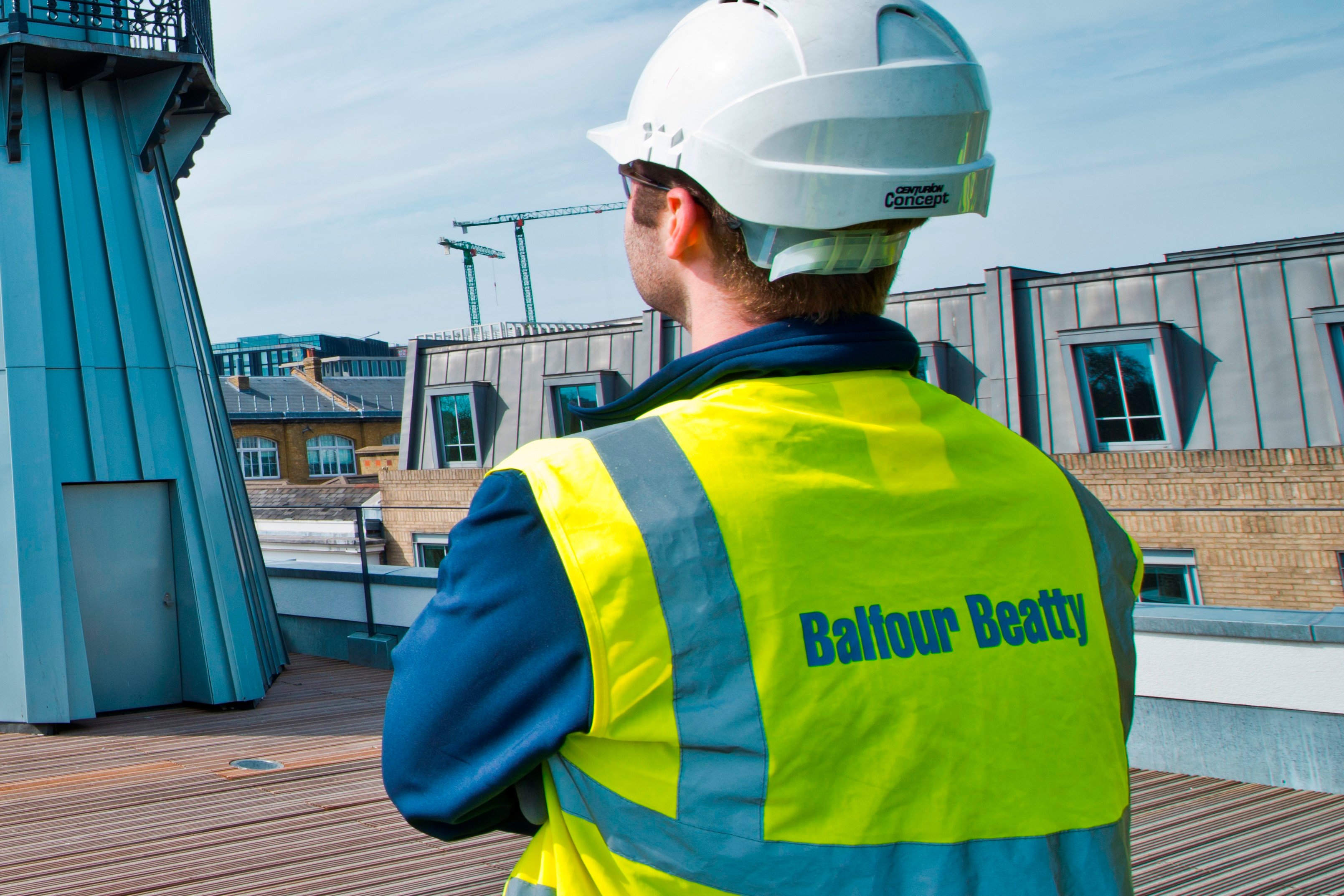In the past decade, we have seen a major improvement in payment terms throughout the construction supply chain.
As shown by one 2022 survey, which revealed that over half the UK's biggest construction businesses are taking Prompt Payment seriously and paying suppliers within 30 days.
But a significant number of companies still pay suppliers late.
To address this problem, inside and outside of construction, the government introduced the Prompt Payment Code in 2008 and updated it in 2021. Unless you are bidding for certain government contracts, complying with the Prompt Payment Code is not mandatory, but it makes good business sense.
8 Reasons for Prompt Payment: Building the Business Case
Although prompt payment is by no means mandatory, there are plenty of reasons to take steps in supporting improved cash flow for your construction supply chain.
1. The ethical case for better cash flow in construction
Fundamentally, paying suppliers in a reasonable time frame is the right thing to do. When large companies delay payments, it forces smaller businesses into tough decisions.
Do they take out loans (with high-interest rates) to keep paying staff? Do they turn down work because they can't pay suppliers or buy materials? Do they fold?
Late payments cause enormous stress. In 2019, a survey showed they cause mental health issues for 90% of business owners in our industry.
2. The risk to the entire supply chain
In 2021, late payment played a key role in 2,579 construction insolvencies - a 25% rise on 2020. This is a scary, largely unnecessary disruption for the industry.
These insolvencies start a chain reaction: unemployed skilled workers and an unpaid supply chain that cannot support itself. Ultimately, it reduces the number of suppliers and makes construction less competitive, productive and capable.
3. Collection costs and dispute resolution
Long delays in cash flow in construction can force suppliers to turn to collection agencies or even the courts to secure payment from customers. These methods will add to their business costs and are also passed onto their customers in terms of time wasted managing legal proceedings.
4. Prompt Payment encourages investment in the construction supply chain
Access to a reliable and predictable cash flow means SMEs will feel more confident investing in their own business. The more suppliers invest in staff training, technology and equipment, the more productive and efficient they will be - which will be felt throughout the supply chain.
5. Prompt Payment improves productivity
New academic research has found that when SMEs in the construction industry are paid quickly, they are more productive.
The reasons are fairly straightforward. Since most suppliers work on several projects at once, they need cash flow to pay for materials, labour and other project expenses. If they cannot pay these costs, they're forced to reduce their projects and focus on projects they can pay for right now.
6. Fewer delays on projects
Almost one-third of construction suppliers have delayed or completely stopped work on projects since 2019, according to a report in the US. Now, the setup across the pond is different to the UK, but this statistic can be considered transferable to the UK.
There is a risk of suppliers having to suspend work until payment, and even claim compensation for damages relating to the suspension. Failing to pay on time risks a massive, completely unnecessary project delay.
7. Improved business reputation
Construction's cash flow problems have caused serious reputational damage for the entire sector.
When your business is known to pay your supply chain promptly and fairly, it improves your reputation across the board. More SMEs will want to work with you, giving you a deeper pool to reach into when bidding on projects.
8. It's the way the wind is blowing
As of April 1st 2022, the government is requiring all companies bidding on public sector projects over £5 million to demonstrate they pay suppliers within 60 days; those who pay the construction supply chain slower will miss out on these projects.
This is just one central government procurement policy, but it indicates that delayed payments will be tolerated less often in the future.
Prompt Payment with CausewayOne e-Invoicing
CausewayOne e-Invoicing is a true e-invoicing solution that enables automated invoice processing.
Your Accounts Payable Department can pay invoices faster, more accurately and within the agreed terms.
The solution lets your suppliers submit invoices through an easy-to-use online portal that automatically verifies the invoice information and matches it against pre-defined business rules.
If there are any mistakes on the invoice, it is immediately rejected and sent back to the supplier with a reason why enabling them to correct and return through CausewayOne e-Invoicing.
The complete journey of invoice submission, PO matching and straight-through processing to your dedicated ERP for payments is fully automated.
Find out more: How CausewayOne e-Invoicing generates savings of more than 50%
By using technology to support Prompt Payment, you can expect improved supplier relations, more competitive bids and greater productivity on your projects. That makes for a solid business case for improving cash flow in construction.



